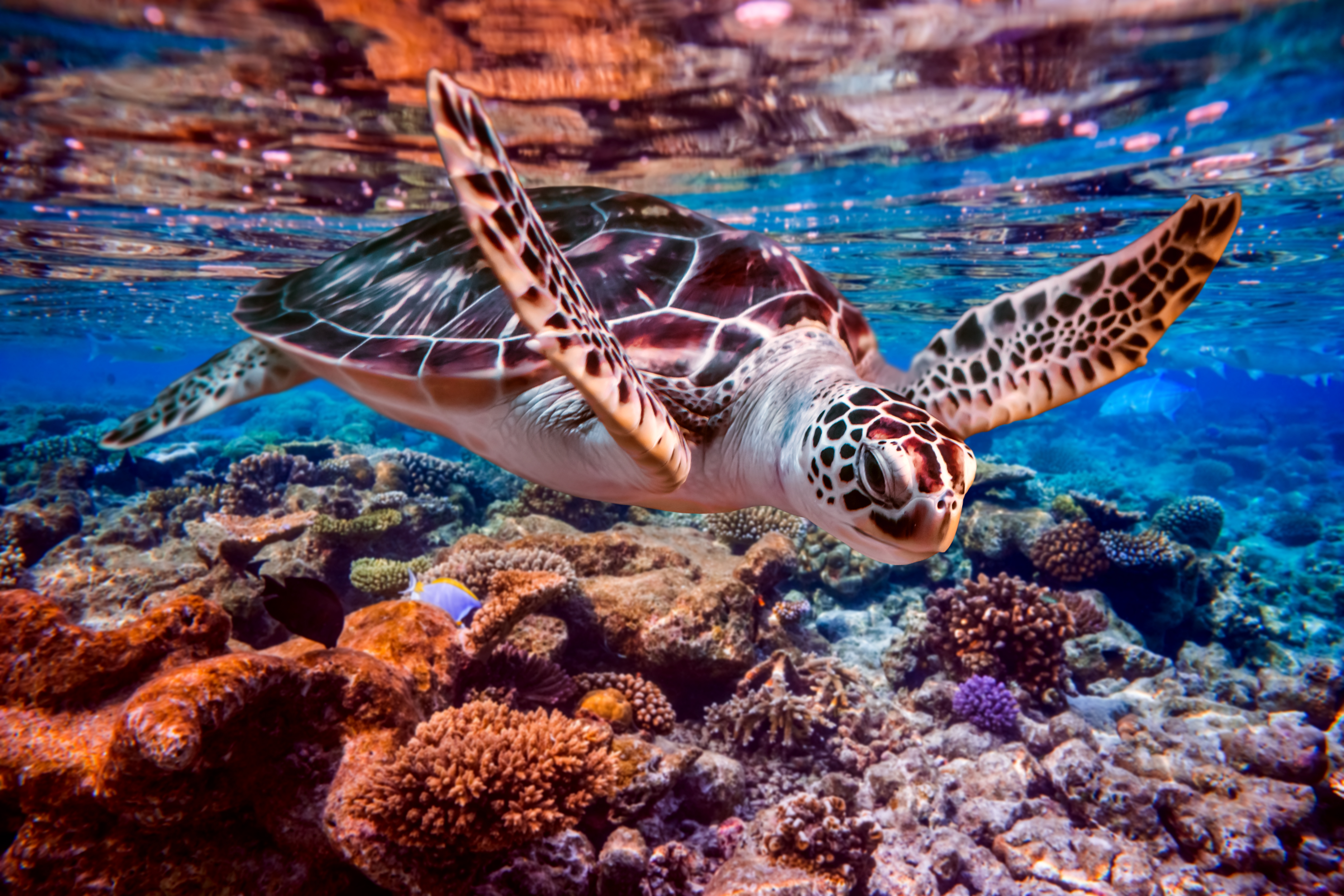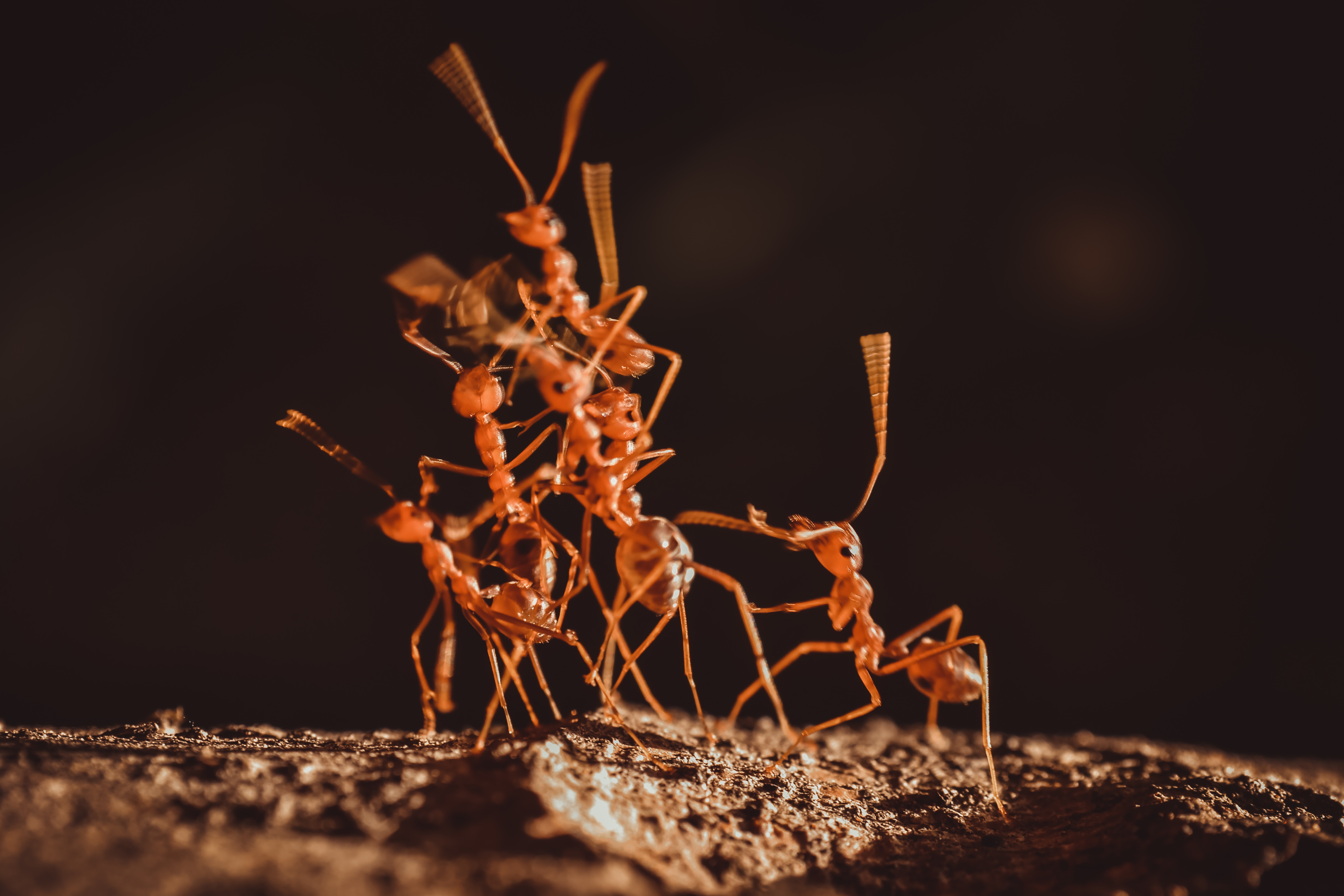Diving into the Depths of Animal Intellect through the Lens of Innovative Intelligence Tests
The animal kingdom is a vast, diverse, and complex world that continues to captivate and surprise us with its intricacies and mysteries. One such mystery is the cognitive abilities of animals, a subject that has been the focus of many scientific studies and debates. This slideshow aims to delve into the depths of animal intellect, exploring the innovative intelligence tests that have been designed to unravel the cognitive capabilities of different animal species. Through this journey, we will not only appreciate the intelligence of animals but also understand the implications of these findings on our perception of intelligence itself.
The Concept of Animal Intelligence
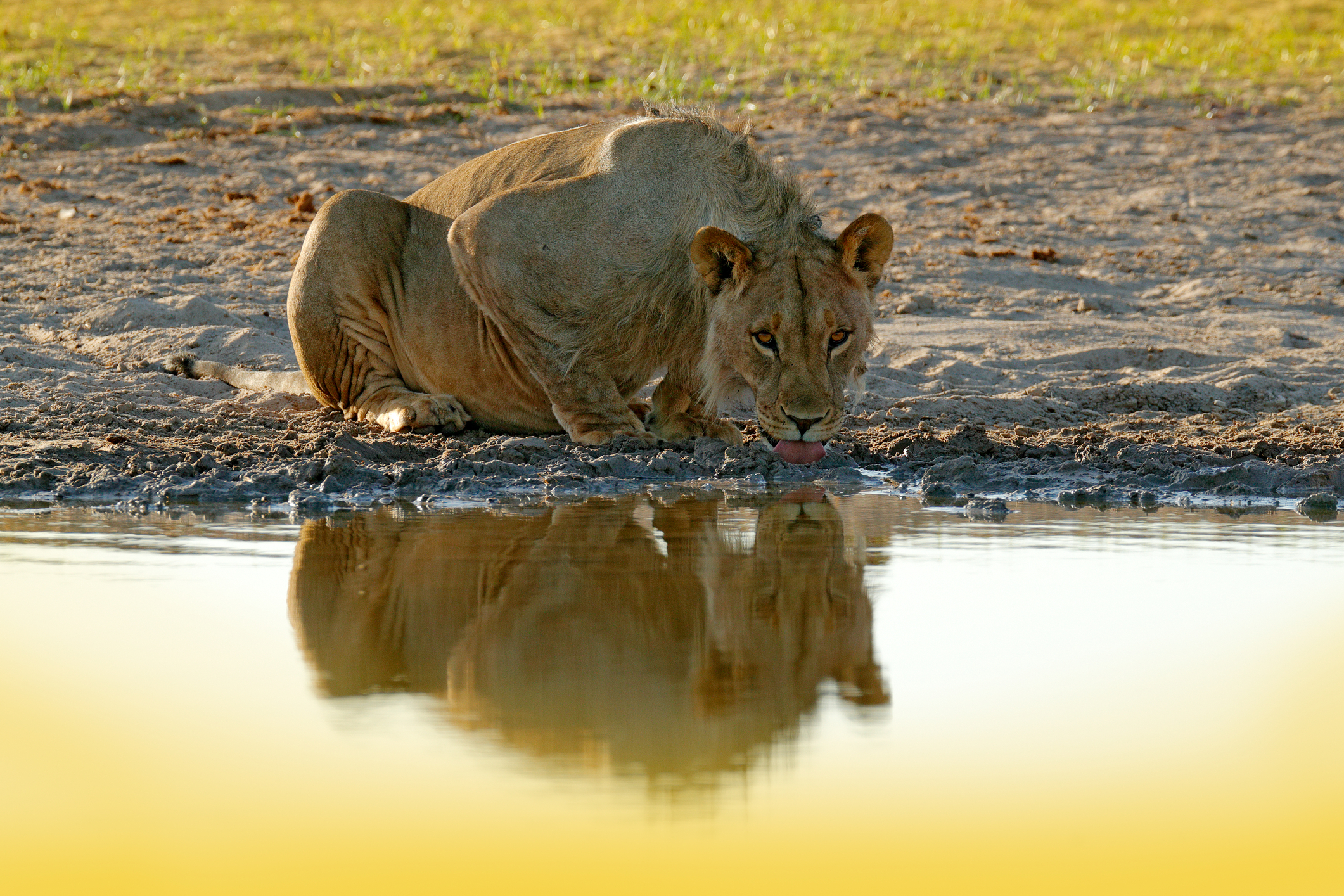
The concept of animal intelligence is not a new one. Ancient civilizations attributed intelligence to animals, often ascribing them human-like qualities. However, it was only in the 19th and 20th centuries that scientists began to study animal intelligence systematically. Today, animal cognition is a well-established field of study, with researchers employing various innovative tests to gauge the intellectual capabilities of animals. These tests range from problem-solving tasks to memory tests, providing us with fascinating insights into the animal mind.
The Great Ape Language Experiments
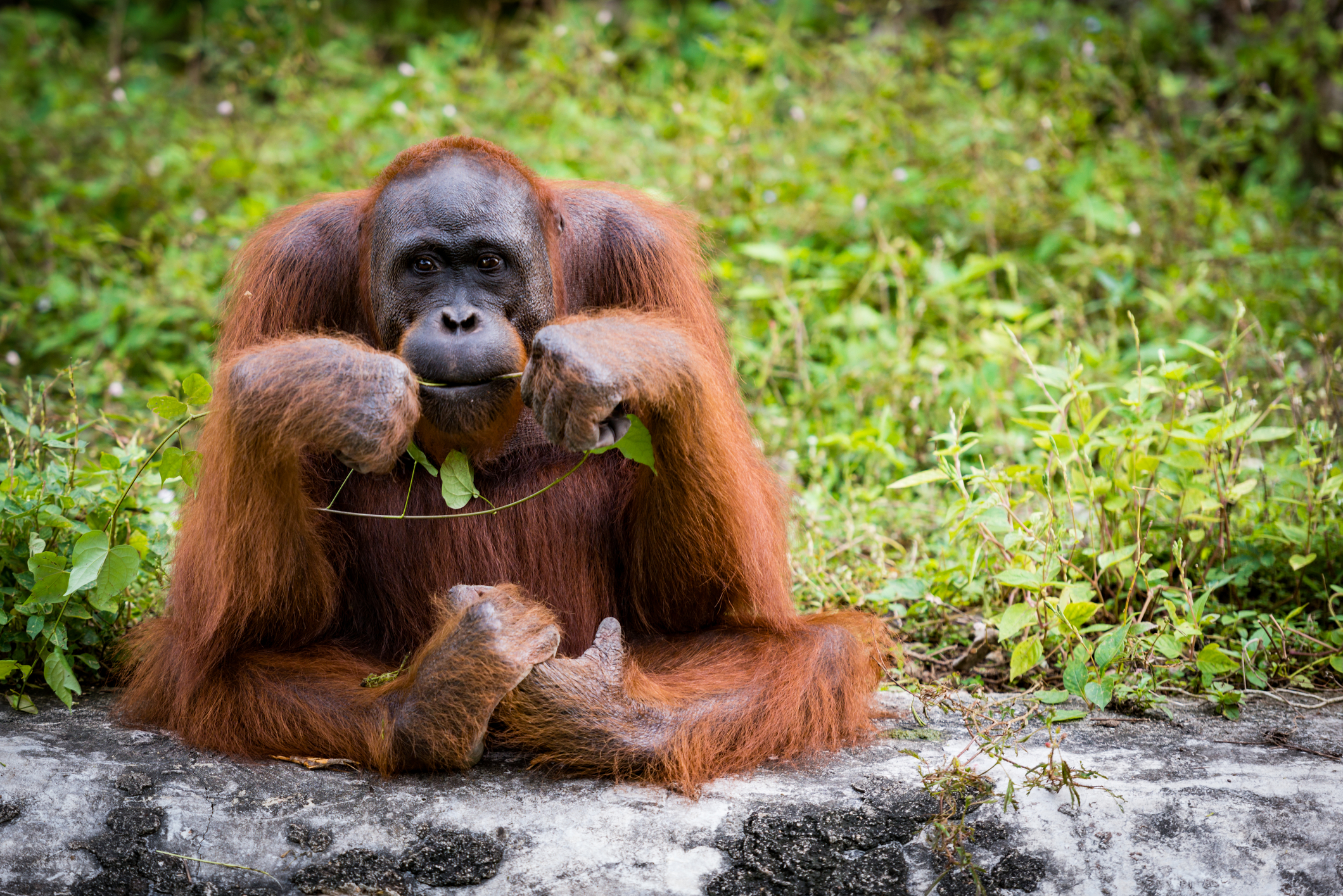
One of the most intriguing areas of animal cognition research involves the great apes. Scientists have conducted several experiments to understand the linguistic abilities of these animals. The results have been astonishing, with apes demonstrating the ability to understand and use sign language, manipulate symbols, and even exhibit elements of grammar. These findings suggest that the cognitive abilities of apes are far more advanced than previously believed, challenging our understanding of intelligence.
The Mirror Test

The mirror test, devised by psychologist Gordon Gallup Jr., is a classic experiment in animal cognition research. It tests an animal's ability to recognize itself in a mirror, a trait that is considered a sign of self-awareness. While many animals fail this test, some species, including great apes, dolphins, and even some birds, have passed it, indicating a level of self-consciousness previously thought to be exclusive to humans.
The Problem-Solving Abilities of Crows
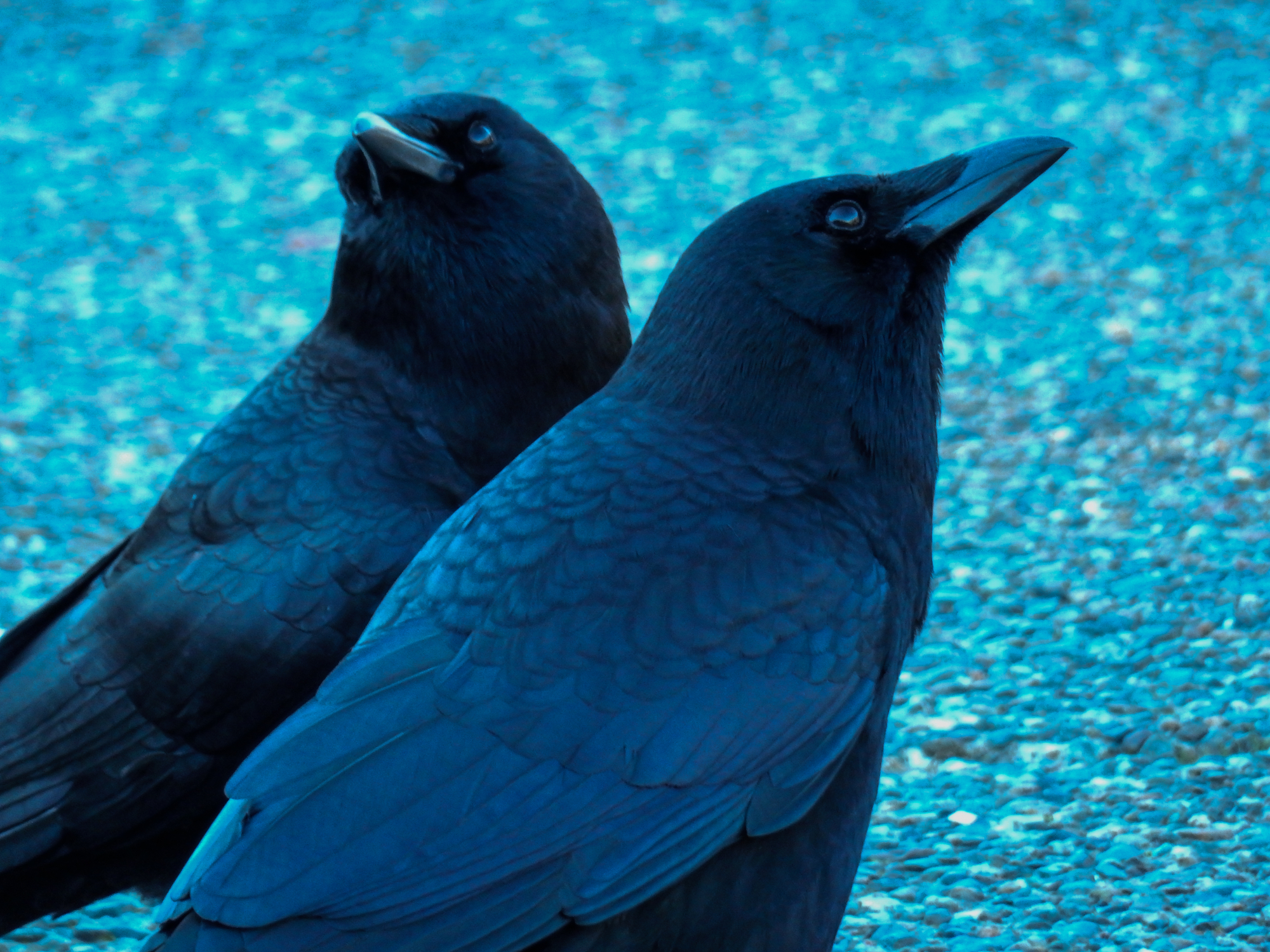
Recent studies have revealed the remarkable problem-solving abilities of crows. These birds can use tools, solve complex puzzles, and even plan for the future. The intelligence of crows challenges our traditional notions of bird-brains and provides compelling evidence of advanced cognitive abilities in non-mammalian species.
The Emotional Intelligence of Dogs

Dogs have long been known for their loyalty and companionship. However, recent research suggests that dogs also possess a high degree of emotional intelligence. They can read human emotions, respond to their owners' feelings, and even exhibit empathy. This emotional intelligence, combined with their ability to learn and follow commands, makes dogs one of the most intelligent animals in the kingdom.
The Social Intelligence of Dolphins
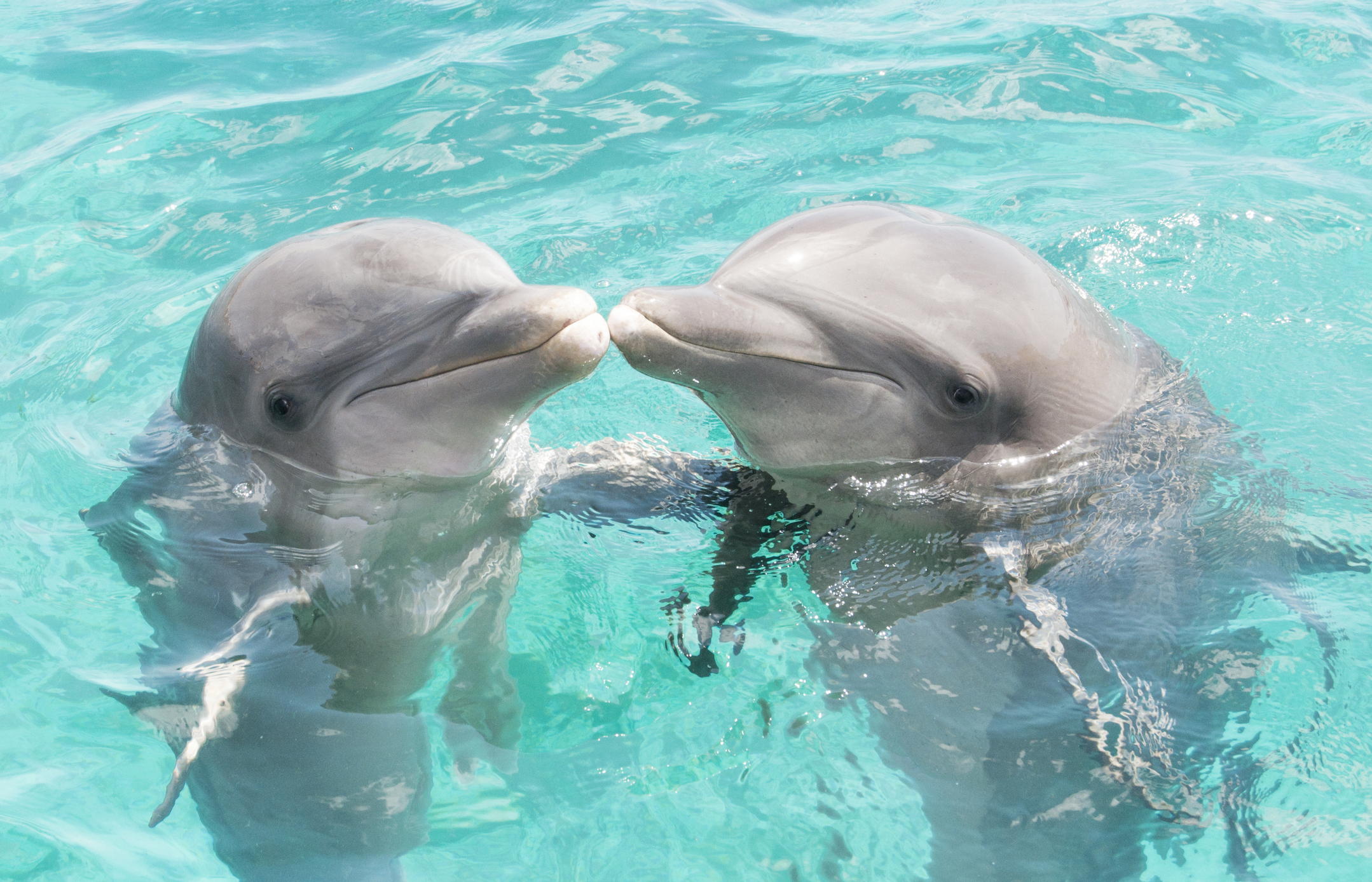
Dolphins are renowned for their intelligence and social skills. They live in complex social groups, exhibit cooperative hunting strategies, and can even recognize themselves in a mirror. Dolphins also display advanced problem-solving skills and have a sophisticated communication system, further evidence of their high intelligence.
The Memory of Elephants
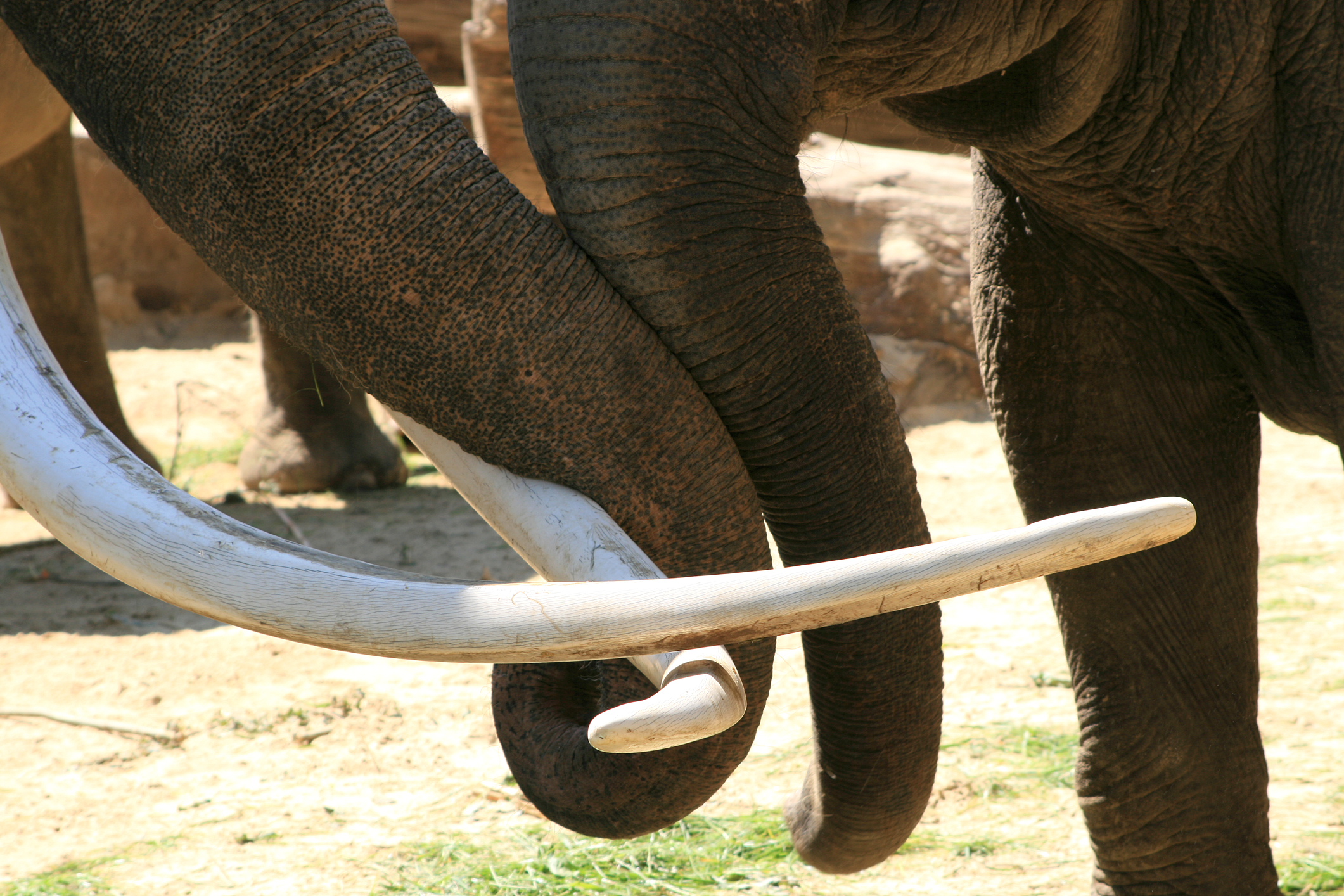
The phrase "an elephant never forgets" is not just a saying. Elephants have demonstrated exceptional memory skills, remembering locations, individuals, and even events from their past. This long-term memory, coupled with their ability to learn and adapt, makes elephants one of the most intelligent animals on the planet.
The Mathematical Abilities of Bees
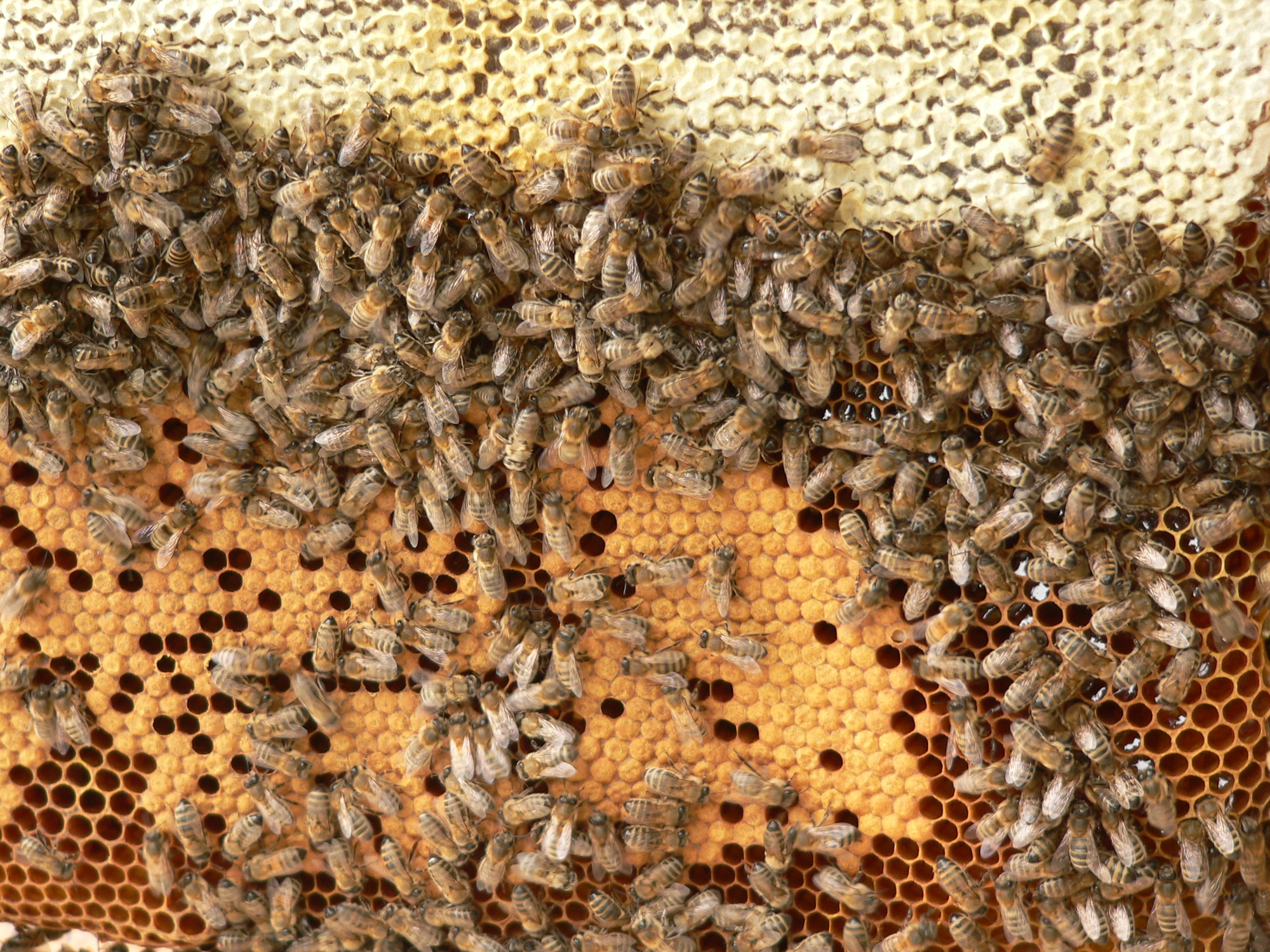
Bees may be small, but their cognitive abilities are impressive. Research shows that bees can count, understand zero, and even solve simple mathematical problems. These findings challenge our understanding of intelligence and suggest that cognitive abilities can exist in species far removed from humans.
The Language Skills of Parrots
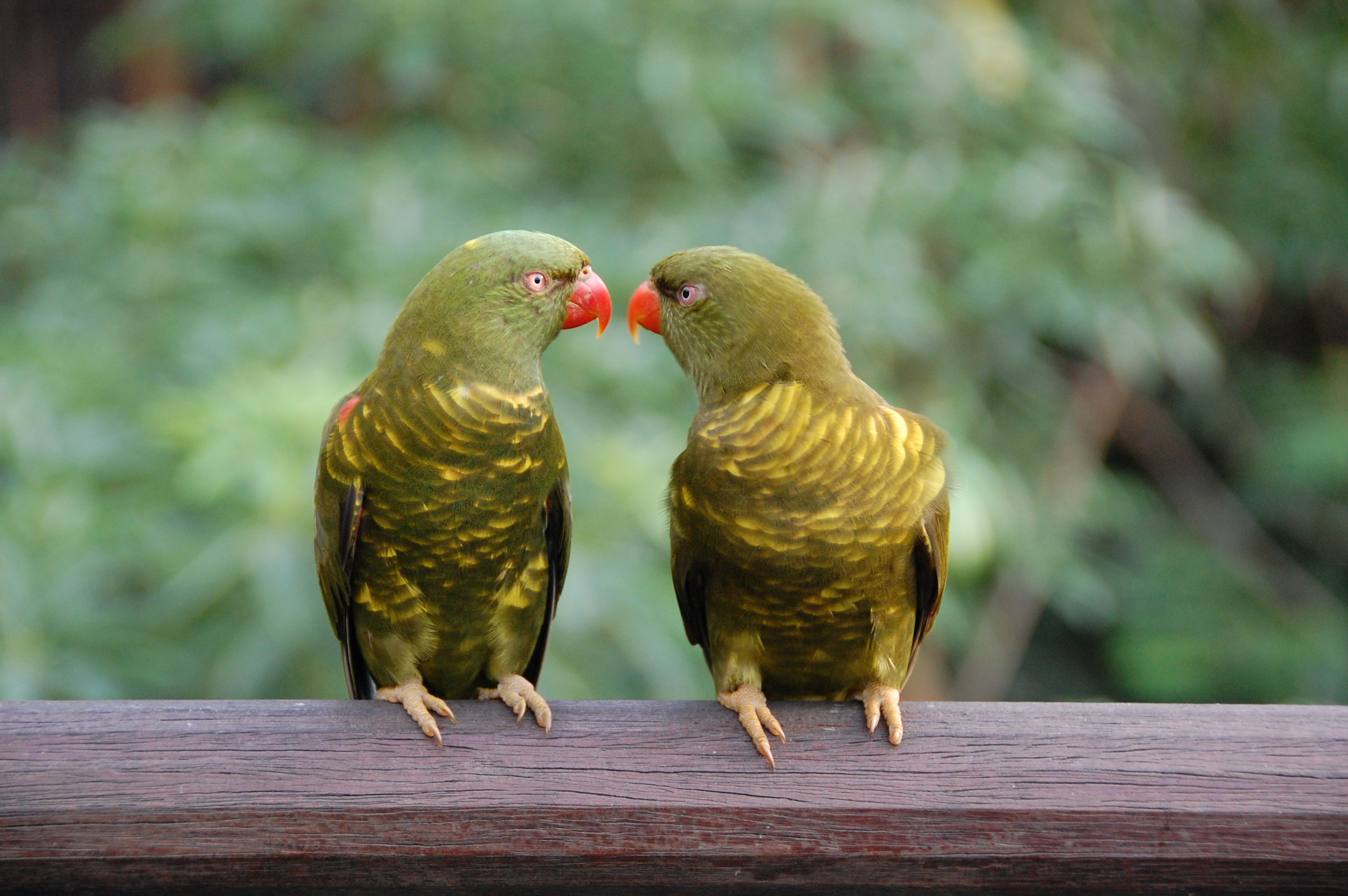
Parrots are known for their ability to mimic human speech. However, research suggests that some parrots, especially African Grey Parrots, can understand and use language in a meaningful way. They can learn words, use them in context, and even form simple sentences, indicating a level of linguistic intelligence that is rare in the animal kingdom.
The Spatial Intelligence of Squirrels
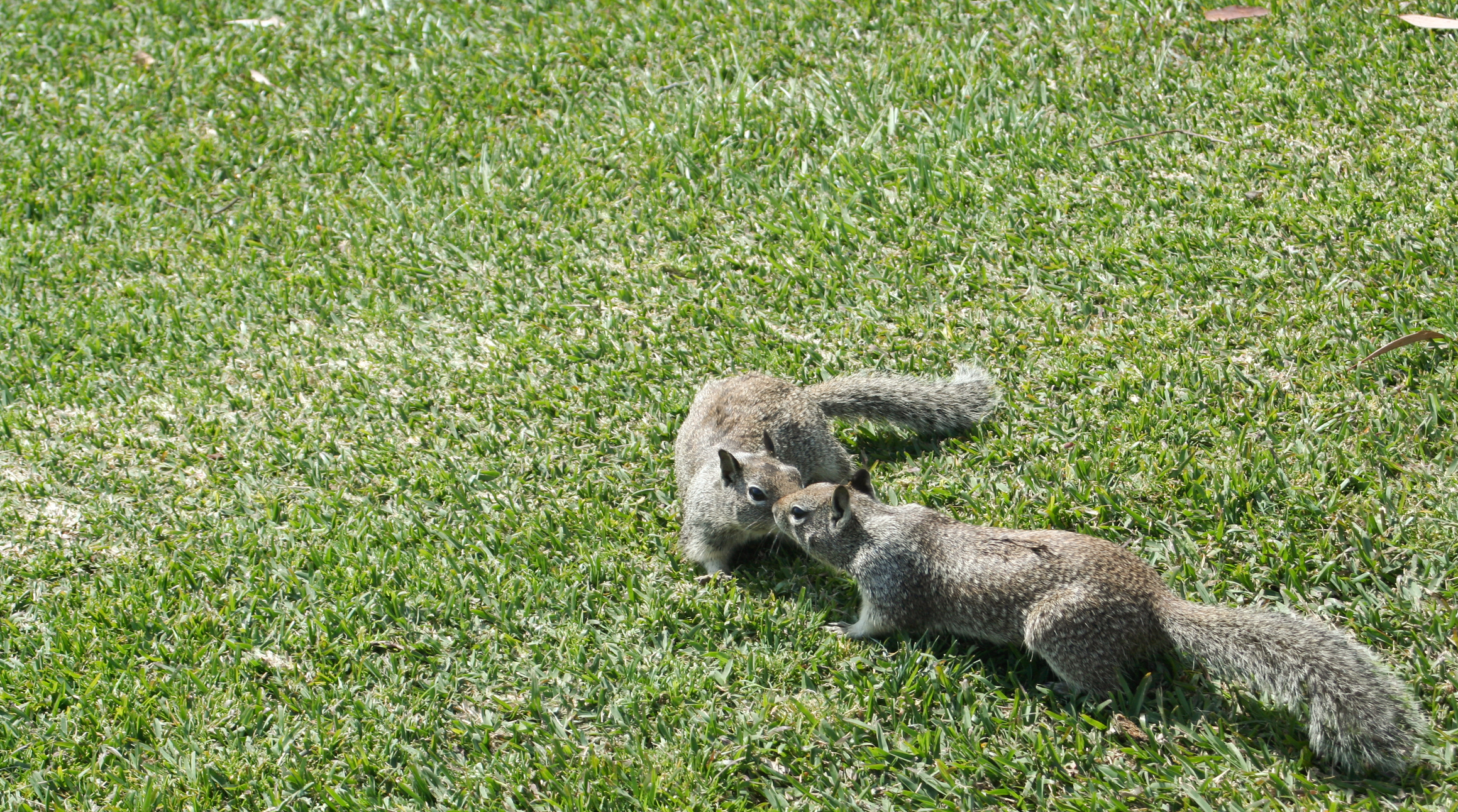
Squirrels are often overlooked when it comes to discussions of animal intelligence. However, these creatures have demonstrated remarkable spatial intelligence. They can remember the locations of hundreds of buried nuts, navigate complex environments, and even plan their routes in advance. This spatial intelligence is essential for their survival and is a testament to their cognitive abilities.
The Learning Abilities of Octopuses
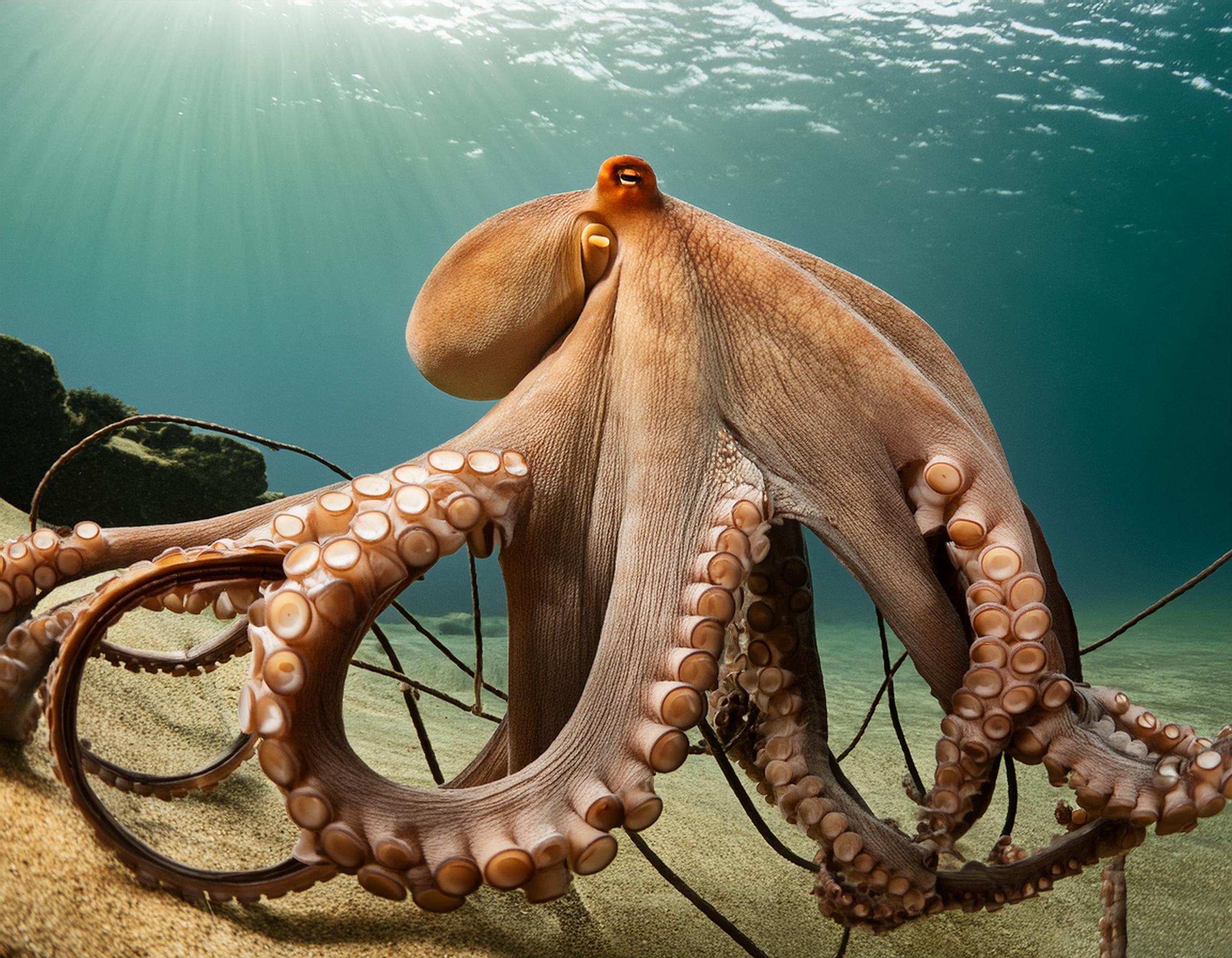
Octopuses are among the most intelligent invertebrates. They can learn through observation, solve complex puzzles, and even escape from their enclosures. These abilities, combined with their capacity for short-term and long-term memory, make octopuses a fascinating subject of study in animal cognition research.
The Tactical Deception of Monkeys
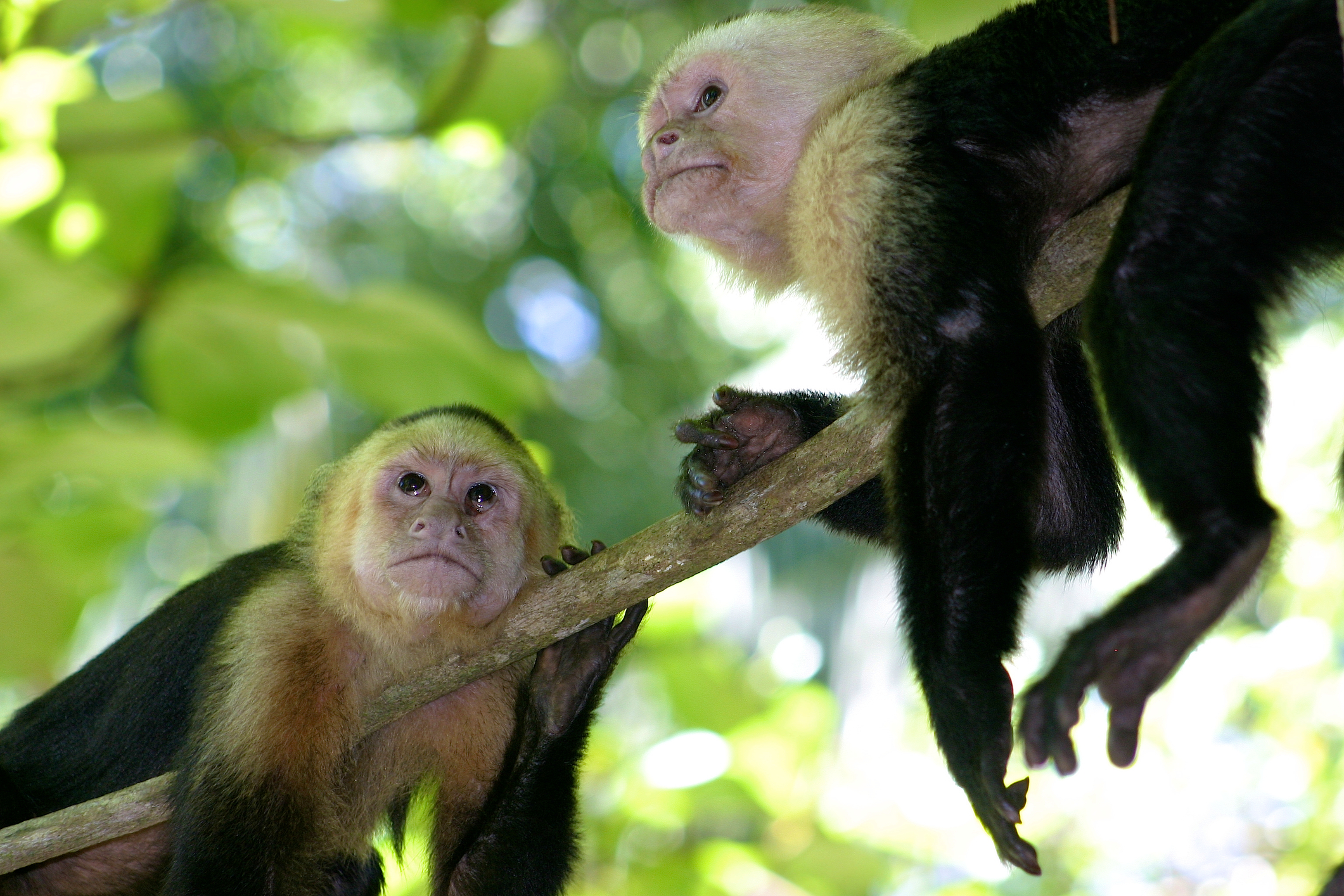
Monkeys have been observed to use tactical deception, a behavior that requires a sophisticated understanding of social relationships and the mental states of others. This ability to manipulate others for personal gain is considered a sign of advanced cognitive abilities and provides fascinating insights into the social intelligence of monkeys.
The Cultural Transmission in Whales
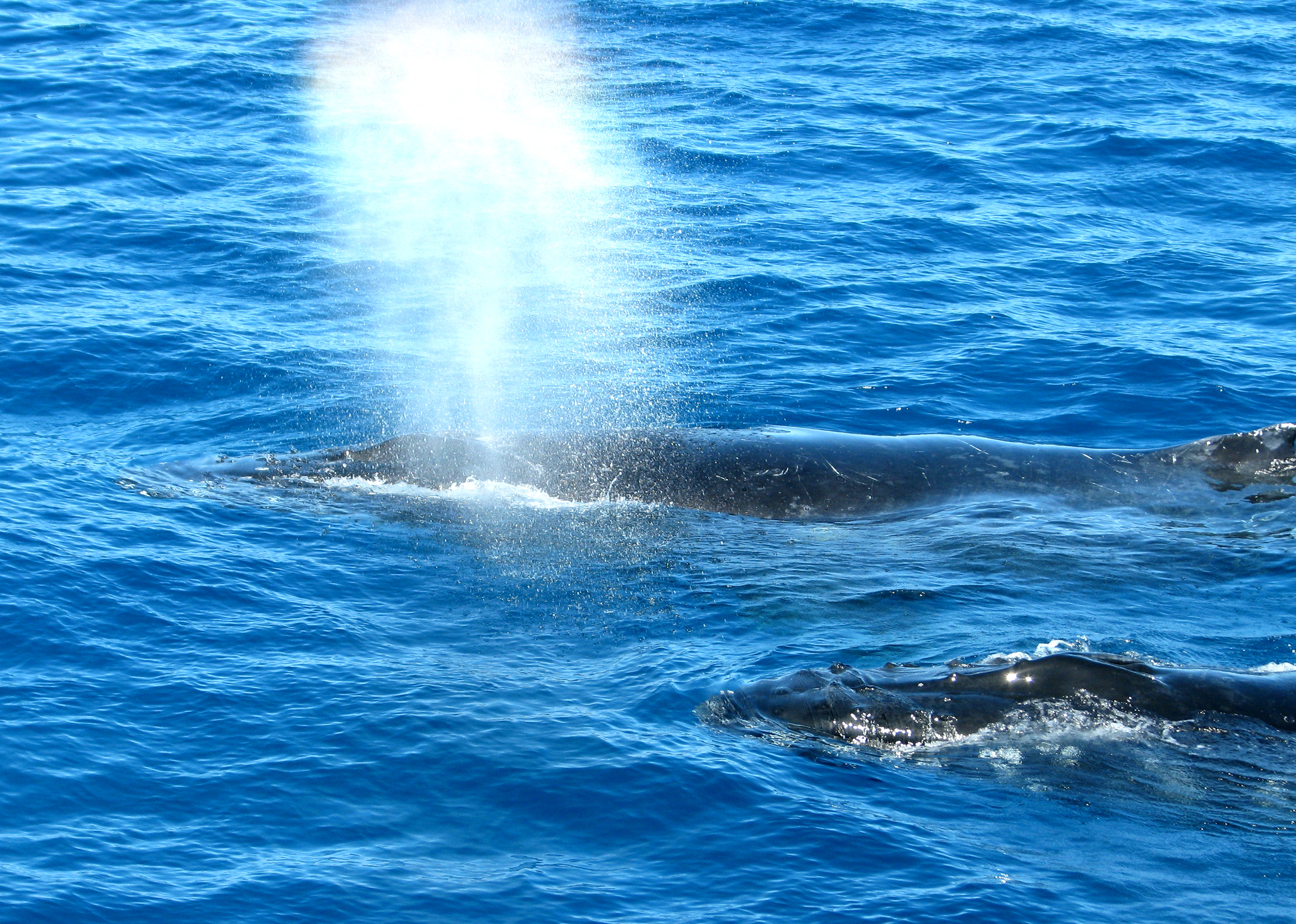
Whales, like humans, have cultures. They pass on learned behaviors and knowledge to subsequent generations, a phenomenon known as cultural transmission. This ability to learn from others and pass on knowledge is a sign of high intelligence and further evidence of the cognitive abilities of whales.
The Tool Use in Chimpanzees
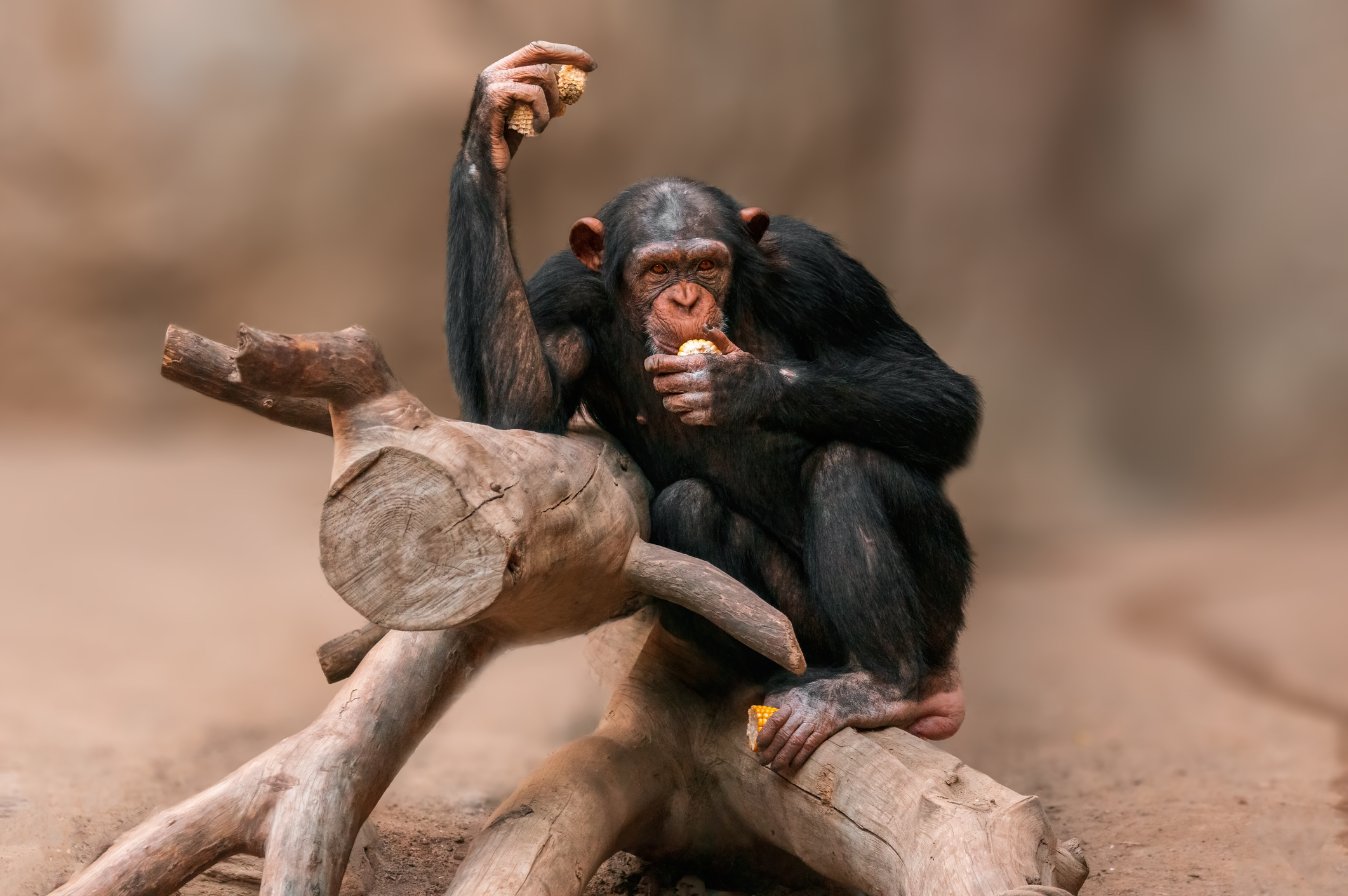
Chimpanzees are known for their ability to use tools, a behavior that was once thought to be uniquely human. They use sticks to fish for termites, stones to crack nuts, and leaves as sponges or spoons. This ability to use tools demonstrates the problem-solving skills of chimpanzees and their capacity for learning and innovation.
The Collective Intelligence of Ants
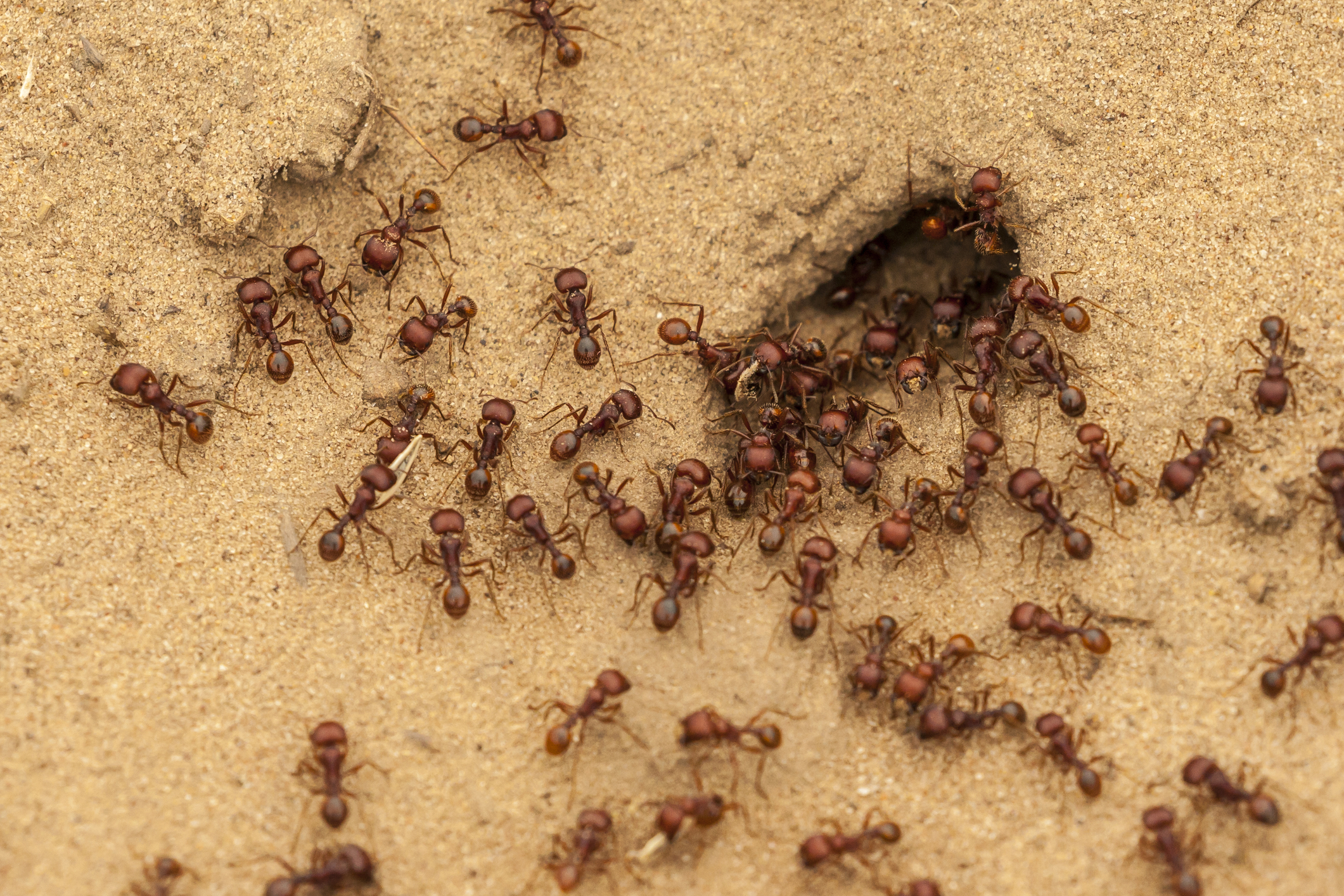
Ants, despite their small size, display remarkable collective intelligence. They work together in a highly organized manner, build complex colonies, and even engage in warfare. This collective intelligence is a testament to their cognitive abilities and provides a fascinating example of intelligence manifesting at a group level.
The Implications of Animal Intelligence
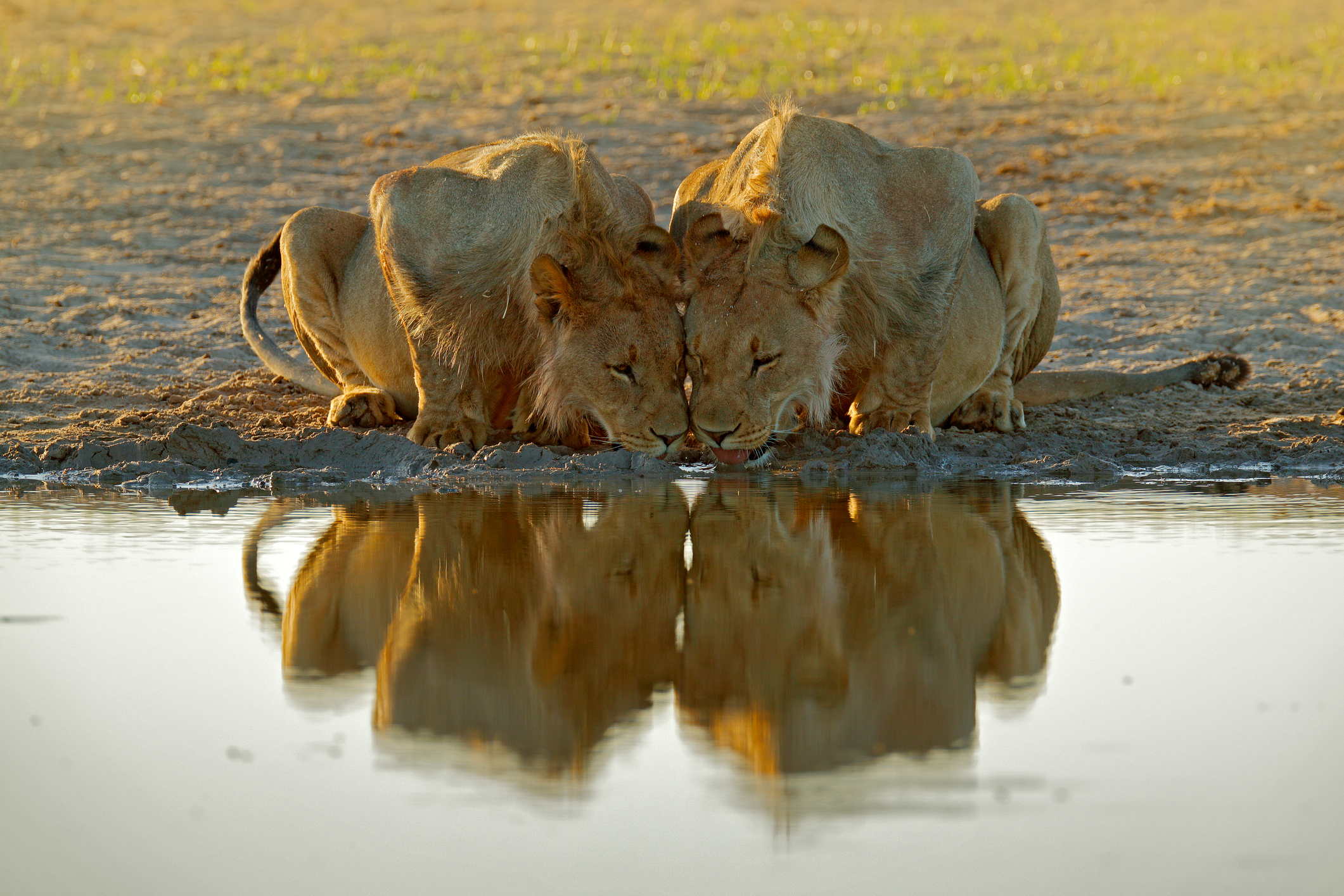
The study of animal intelligence not only reveals the cognitive abilities of different species but also has profound implications for our understanding of intelligence itself. It challenges our anthropocentric view of intelligence and forces us to acknowledge that cognitive abilities can exist in many forms and across a wide range of species.
The Future of Animal Intelligence Research
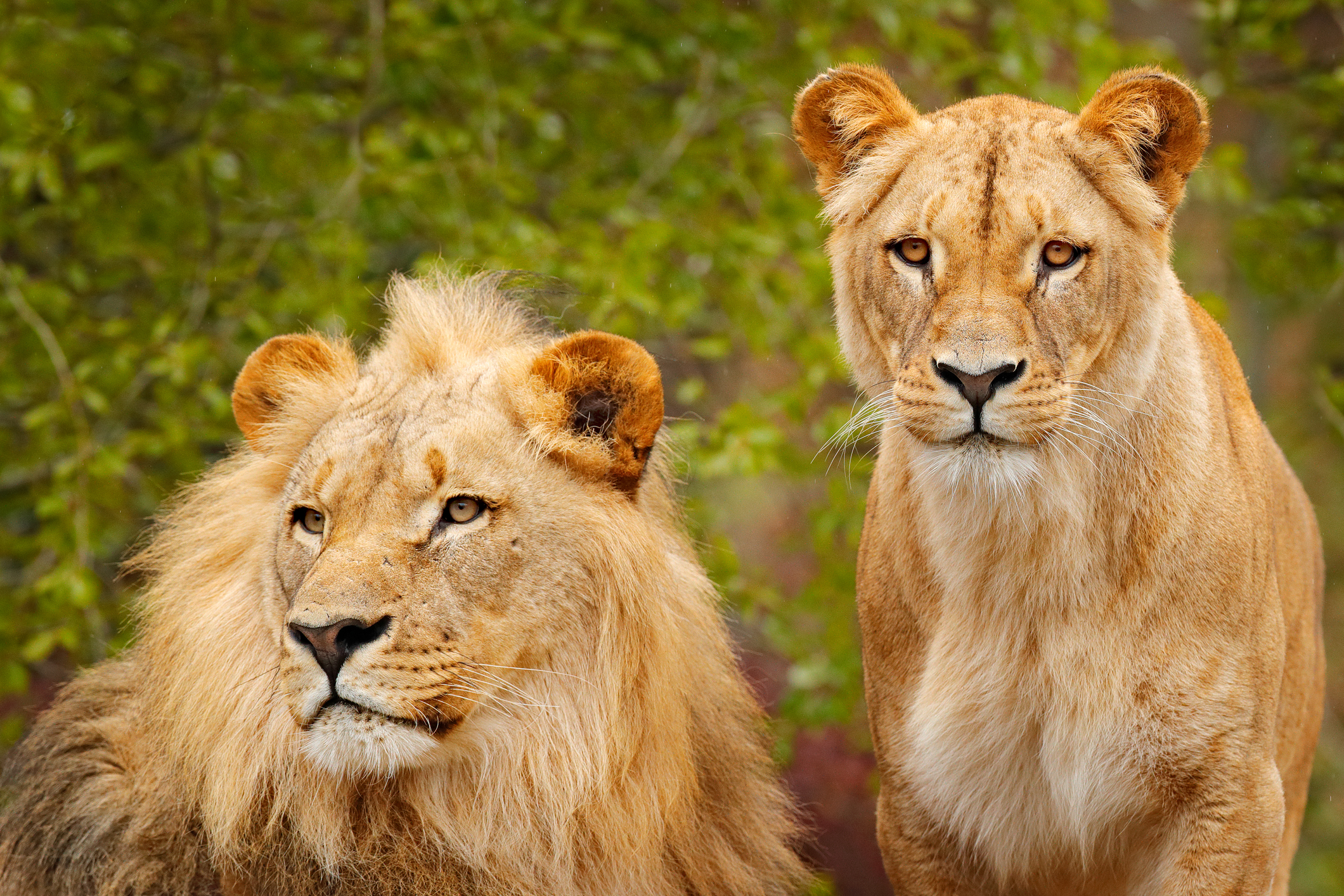
The field of animal cognition is continually evolving, with new discoveries and technologies promising to further our understanding of animal intelligence. Future research will likely focus on exploring the neural mechanisms underlying these cognitive abilities, developing more refined and nuanced tests of intelligence, and investigating the evolutionary origins of intelligence.
As we delve into the depths of animal intellect, we are reminded of the vast and diverse cognitive abilities that exist in the animal kingdom. From the linguistic skills of apes to the mathematical abilities of bees, the intelligence of animals is a testament to the complexity and richness of life on Earth. As we continue to unravel these mysteries, we are not only gaining insights into the animal mind but also challenging and expanding our definitions of intelligence.





